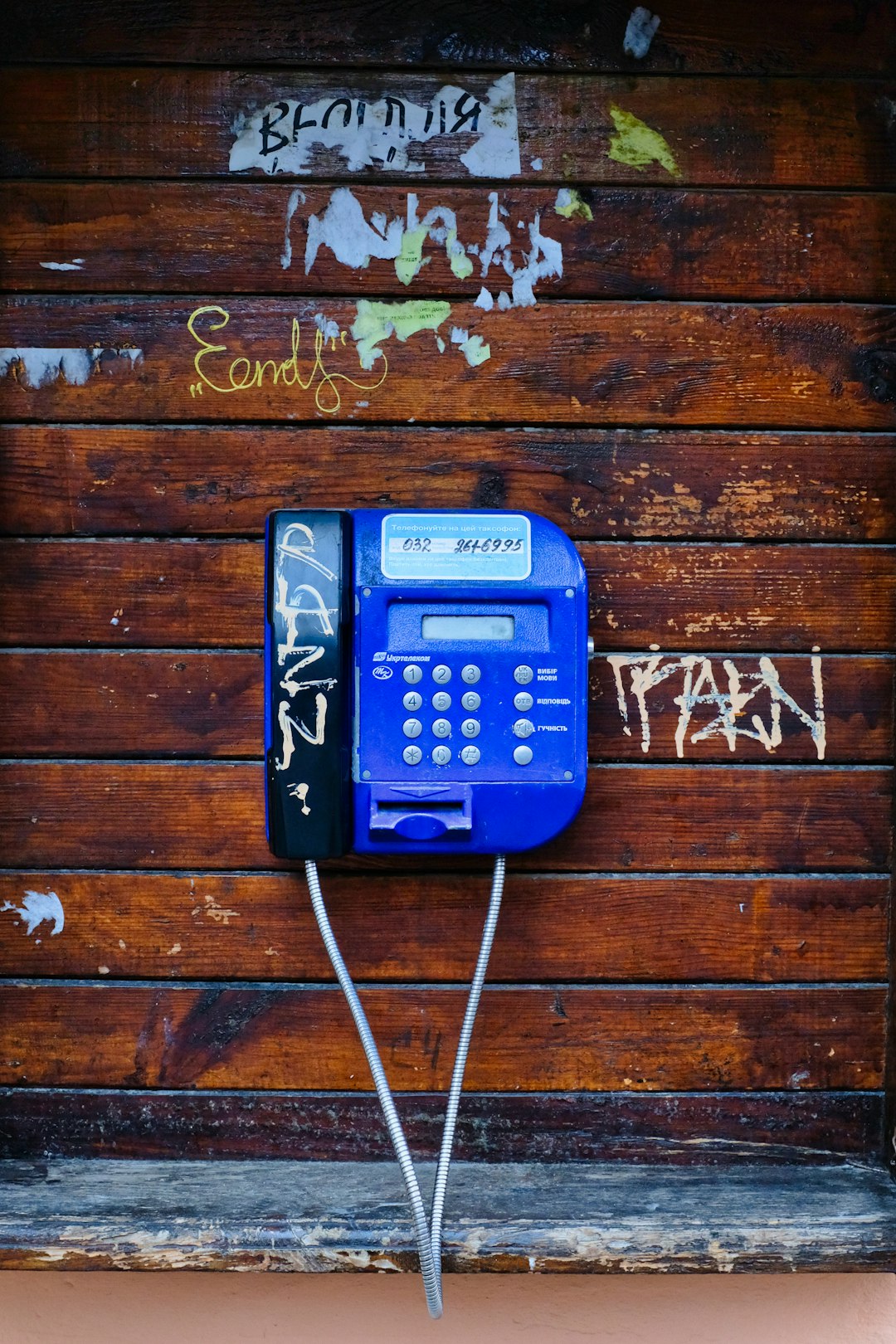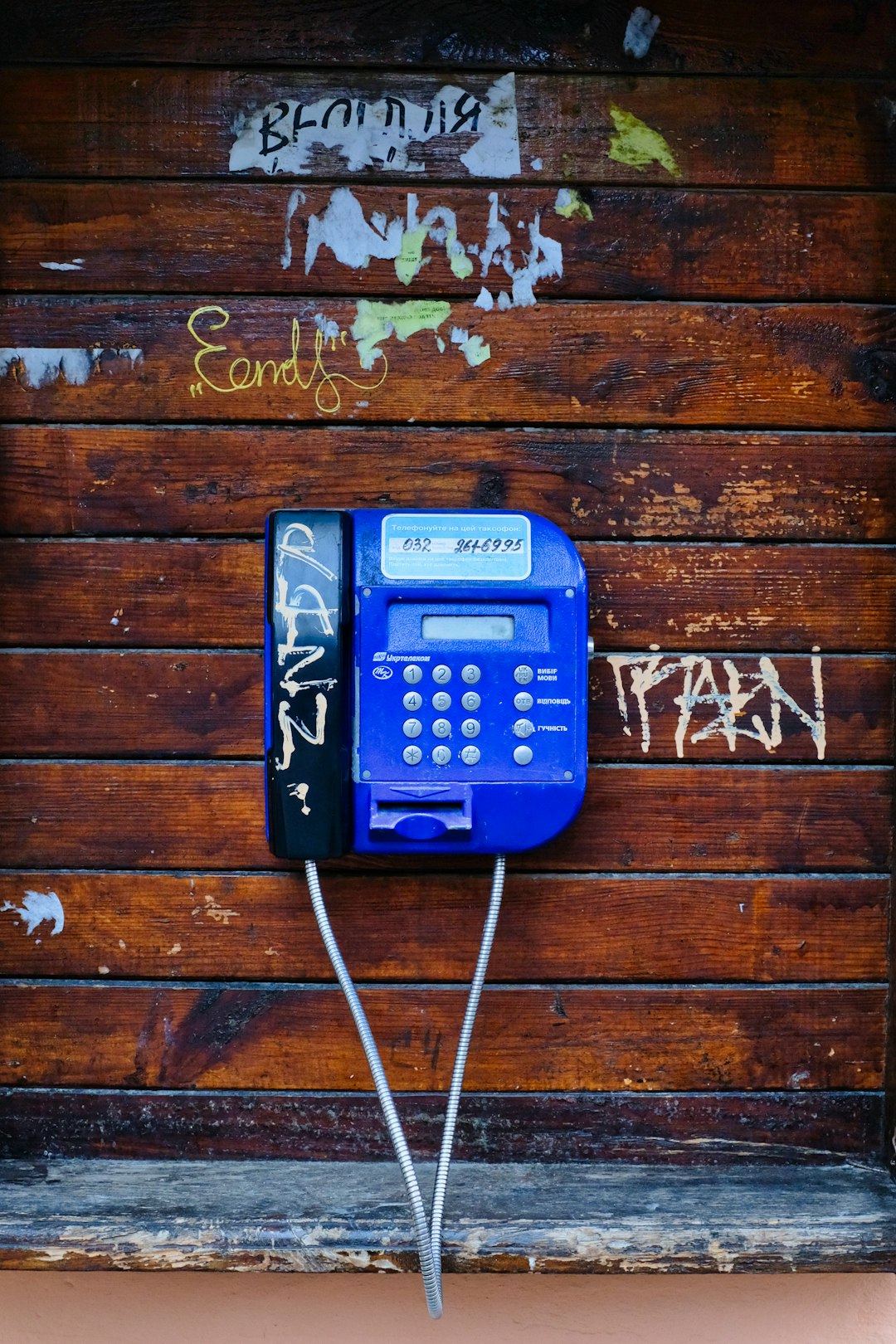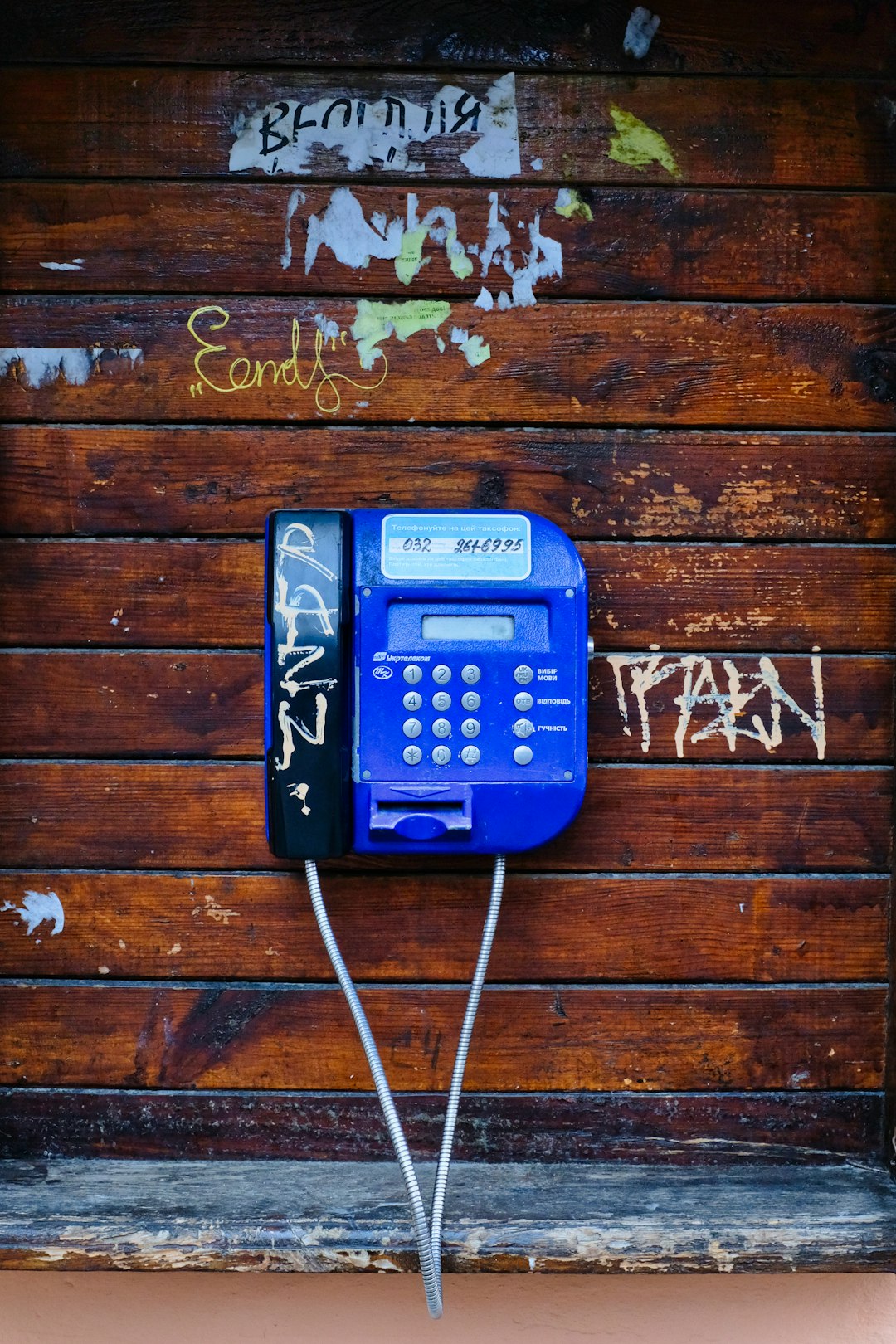Texans face a persistent issue with aggressive robocalls from law firms, exacerbated by the state's bustling telephone environment. While protected by federal law, these calls are difficult to manage due to the state's stringent Do Not Call laws and enforcement challenges. Robocall blocking apps offer a solution, leveraging advanced algorithms to identify and block unwanted automated calls, especially from law firms. Users in Texas should select apps that comply with the Telephone Consumer Protection Act (TCPA) and local regulations, offering features like automatic call screening, number blocking, and spam reporting for effective protection against intrusive marketing calls while adhering to privacy protections.
In today’s digital era, robocalls have become a ubiquitous yet unwanted nuisance in Texas. With their relentless nature and potential for legal repercussions, understanding and navigating the state’s do-not-call laws is crucial. This article explores the impact of robocalls in Texas, delves into the legal framework governing do-not-call lists, and provides a comprehensive guide to effective robocall blocking apps. We’ll highlight key features to ensure compliance and protect your rights as a Texas resident, empowering you to take control against intrusive calls from law firms and other sources.
Understanding Robocalls and Their Impact in Texas

Robocalls have become a ubiquitous part of modern life, but their impact can be particularly intrusive and frustrating for Texans. These automated phone calls, often promoting products or services, are protected by federal law, but their volume and aggressive nature have led to growing public concern. In Texas, with its bustling telephone landscape, the issue is amplified. Many residents find themselves inundated with unwanted calls, especially from law firms attempting to solicit new clients through automated means.
The Do Not Call law in Texas, like its federal counterpart, offers some relief by allowing citizens to opt-out of such marketing calls. However, enforcing these regulations and differentiating between legitimate telemarketing and spam can be challenging. As a result, many apps have emerged, including robocall blocking applications, to help Texans reclaim their phone lines from unwanted intrusions.
The Legal Framework for Do Not Call Lists in Texas

In Texas, the fight against unwanted robocalls has been bolstered by the state’s strict Do Not Call laws, which aim to protect residents from intrusive automated phone calls. The Texas Utilities Code outlines a robust framework for managing commercial telemarketing practices, empowering consumers to assert their right to privacy. This legislation allows Texans to register their phone numbers on the state’s official Do Not Call list, effectively blocking most automated calls from telemarketers and similar businesses.
The Do Not Call law in Texas is enforced by the Public Utility Commission (PUC), which sets rules for telemarketers operating within the state. It provides specific guidelines on consent, opt-out mechanisms, and penalties for non-compliance, ensuring that consumers have control over their communication preferences. For law firms engaging in telemarketing activities in Texas, strict adherence to these regulations is not just a legal requirement but also a way to maintain client trust and respect.
How Robocall Blocking Apps Work

Robocall blocking apps have emerged as powerful tools in the ongoing battle against unwanted and often illegal telemarketing calls, especially in areas like Texas where the “Do Not Call” laws are strictly enforced. These applications utilize advanced algorithms and machine learning capabilities to identify and block automated robocalls before they reach your phone. By analyzing various patterns and signatures, the apps can distinguish between legitimate calls and spam, ensuring a quieter and more secure communication environment.
When you install a robocall blocking app, it begins monitoring incoming calls. It does this by cross-referencing caller IDs against extensive databases of known telemarketers and spammers. As soon as a suspicious call is detected, the app intervenes, either silencing the call entirely or prompting the user with a warning about the potential scammer. This technology not only protects users from intrusive calls but also helps in enforcing Texas’ Do Not Call laws, which prohibit unsolicited sales calls to consumers who have registered their numbers on the state’s official Do Not Call list.
Ensuring Compliance: App Features to Look For

When choosing a robocall blocking app for Texas users, ensuring legal compliance is paramount. Look for apps that explicitly state their adherence to the Telephone Consumer Protection Act (TCPA) and the Do Not Call list regulations in Texas. These apps should offer features like automatic call screening, advanced number blocking, and the ability to report spam calls effectively.
Additionally, robust privacy controls and transparency regarding data usage are essential. Reputable apps will provide clear information on how they handle user data, ensuring it remains secure and confidential. Features such as customizable blocking lists and the capacity to whitelist or blacklist specific numbers based on the TCPA’s guidelines can significantly enhance the app’s compliance effectiveness, giving Texas residents greater control over their phone communications.
Protecting Your Rights: A Comprehensive Guide to Using Robocall Blocking Apps in Texas

In Texas, the right to privacy and protection from intrusive phone calls are guaranteed under state laws. Using a robocall blocking app is one effective way to safeguard your rights as a consumer. These apps allow users to automatically block automated telephone communications, including unwanted marketing calls from law firms or other entities. By employing such technology, residents can prevent unsolicited calls, ensuring their peace of mind and personal space.
Texas laws, particularly those related to the Do Not Call registry, provide citizens with tools to combat excessive robocalls. Blocking apps that align with these legal frameworks empower individuals to take control of their communication preferences. When selecting a blocking app, ensure it adheres to Texas regulations regarding call restrictions, especially when it comes to commercial or promotional calls from law firms. This proactive approach not only helps maintain a clutter-free phone line but also ensures compliance with your state’s privacy protections.






